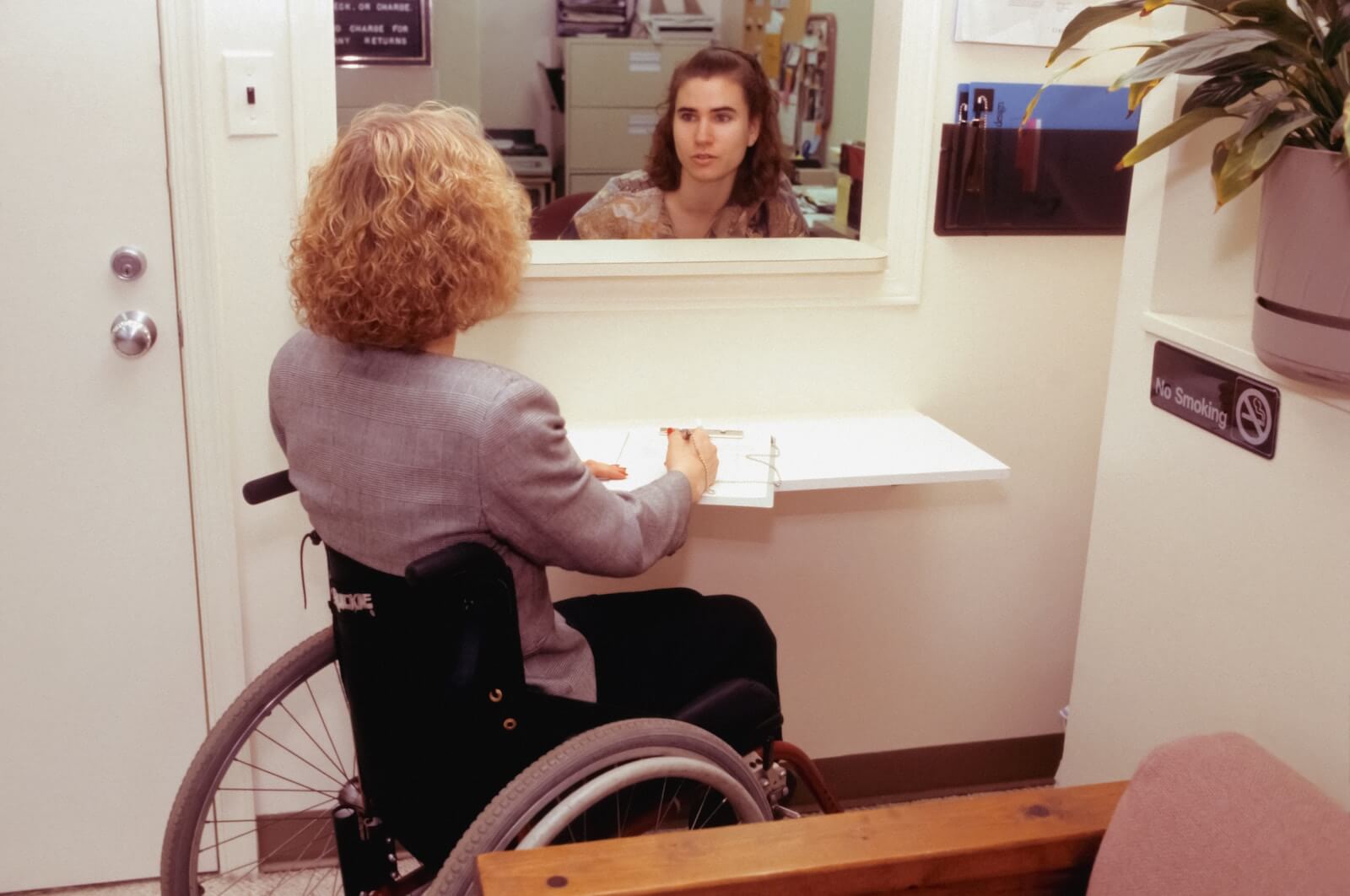QUEENSLAND, Australia — Medical matters can be tense, especially when patients receive a diagnosis, prognosis, or recommendation that they don’t want to hear. Troublingly, new research out of Australia suggests many medical receptionists are the victims of serious aggression when patients become upset. The study reports patient aggression towards receptionists working in general practice is now a “serious workplace safety concern.”
Not only do these unpleasant interactions affect the well-being of the workers involved, but patient aggression can also impact operational performance by boosting levels of workplace absenteeism and staff turnover.
Acts of incivility perpetrated against general practice staff, including doctors, are much more common than most assume, researchers report. However, very few studies have included the perspectives of receptionists specifically.
So, in an effort to better understand this perspective, this study’s authors sifted through numerous research databases for any studies published in English at any time addressing receptionists’ experiences of patient aggression in primary care. Out of 274 reports, the team included 20 relevant studies, published between 1970 and 2022, in the review. Among those projects, 11 came from the United Kingdom, four from Australia, two from Spain, two from the United States, and one from Ireland.
A total of 18 of those studies were peer-reviewed journal articles, including one doctoral thesis and one research institute report. While scientists used a wide variety of study designs, 12 were deemed to be of high quality. All in all, those studies encompassed 4,107 participants, with around one in five (21.5%) being either current or recent general practice receptionists.

Each study indicated that patient aggression towards receptionists was a frequent and routine occurrence in general practice. In most cases this aggression would take the form of verbal abuse, hostility, and even the use of racist, ableist, and sexist insults. Nine studies cited acts of physical violence towards receptionists. Although, to be fair, those occurred much less frequently than incidents of verbal abuse. However, some reported violent acts were incredibly serious. Examples include being hit, shaken, held at gunpoint, stalked, and threatened with a razor blade.
Receptionists most often attributed patients’ aggression and hostility to frustrations related to appointment scheduling and administrative systems, errors, delayed access to doctors, and prescription refusal. In many cases, receptionists attempted to placate the patient and avoid an escalating, tense situation – but this can come at the cost of their own well-being and workplace productivity. Patient aggression is the most difficult part of their job, receptionists said.
Understandably, such interactions usually resulted in a range of negative feelings. Over the long term, direct and indirect exposure to repeated patient aggression appears associated with burnout and fatigue.

Some strategies did appear to help promote smoother visits, such as streamlined and flexible scheduling systems, early availability of appointments, and consistent patient management practices. Receptionists also tended to feel better about their ability to manage patient aggression if they had been given relevant training, had confidence in their de-escalation skills, could refer to formal policy, and could rely on back-up from management and clinical colleagues.
Unfortunately, very little coordinated support for general practice reception staff on the receiving end of patient aggression was reported, along with just a small proportion receiving professional counseling.
Study authors also point out that this project included data collected over a 40-year period – during which time technological advances have significantly changed how receptionists do their jobs and what is expected of them.
“Our study has highlighted that the experiences and wellbeing of general practice receptionists are under-studied in general, and even in research about general practice reception, receptionists are under-represented as participants,” the researchers say in a media release.
“Patient aggression towards reception staff is a serious workplace safety concern for general practices and negatively affects healthcare sector function more broadly,” the study authors conclude. “Evidence-based strategies to prevent, manage, and mitigate the harms of patient aggression towards general practice reception staff are urgently needed.”
The study is published in Family Medicine and Community Health.


Good!
If the medical profession was not screwing you around, stealing you blind and actually showed even a scintilla of care for patients and their families, then we would go back to treating them as we did 50 years ago.
Right now, they should be wearing bullet proof vests.
You have to use a credit card to open the door, unlimited medical insurance to speak to a doctor and when the money runs out, they throw your aged aunt onto the street.
Patch Adams is turning so fast in his grave that his new name is Catherine wheel adams.